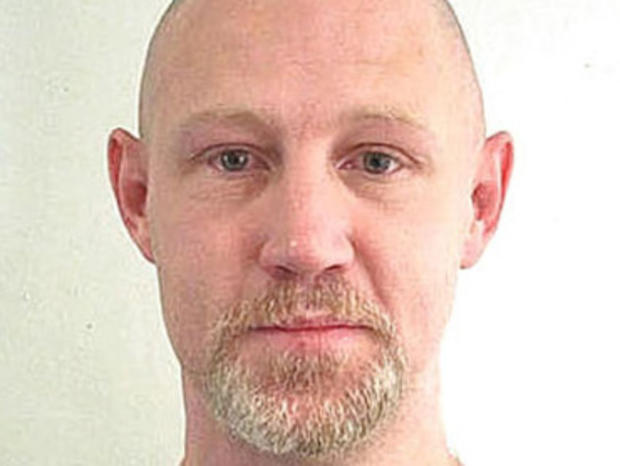Ronnie Lee Gardner One Day from Firing Squad; Utah Man's Looming Execution Stirs Debate
SALT LAKE CITY (AP) Death row inmate Ronnie Lee Gardner's decision to die in a barrage of bullets fired by five unnamed marksmen in Utah has been vilified by many as an archaic form of Old West-style justice.
But some experts argue the execution, scheduled to take place Friday morning, is still more humane than all other execution methods, including lethal injection, which has faced repeated court challenges.
"Lethal injection, which has the veneer of medical acceptability, has far greater risks of cruelty to a condemned person," said Fordham University Law School professor Deborah Denno, who has written extensively on the constitutional questions that surround execution methods.
Gardner picked death by firing squad because he believes it is a more humane way to die - not because it evokes drama or controversy, his attorney told The Associated Press. "It's not about the publicity. He just prefers it," Andrew Parnes said.
Late Tuesday, Parnes appealed Gardner's case to both the 10th U.S. Circuit Court of Appeals in Denver and the U.S. Supreme Court, hoping to block the execution. It was the same day Gardner ate what may be his last meal - steak, lobster tail, apple pie, vanilla ice cream and 7UP. Utah State Prison officials said Gardner intends to fast until the execution set for early Friday.
Gardner, 49, was sentenced to death for a 1985 capital murder conviction stemming from the fatal courthouse shooting of attorney Michael Burdell during an escape attempt. Gardner was at the court because he already faced a murder charge in the shooting death of bartender Melvyn Otterstrom.
Barring any last minute stays, Gardner will be the first person to die by firing squad in the United States in 14 years. He will be the third man killed by that same method in Utah since a U.S. Supreme Court ruling reinstated capital punishment in 1976: Gary Gilmore on Jan. 17, 1977 - after famously uttering the last words, "Let's do it" - and John Albert Taylor on Jan. 26, 1996.
Of the 49 executions held in Utah since the 1850s, 40 were by firing squad. The method has also been widely used around the globe and was long the primary method of execution employed by the military, even in the U.S.
But lethal injection has become the primary method used by most of the 35 states that still have capital punishment, according to the Death Penalty Information Center website. Yet it isn't without controversy.
University of Colorado law professor Michael Radlet has been tracking botched executions in the U.S. and found some 42 cases that went wrong between 1982 and September 2009. Of those executions, 30 were lethal injection, 10 were electrocution and two were from asphyxiation after exposure to lethal gas.
A court challenge of lethal injection in Kentucky essentially halted executions nationwide in 2007 as the U.S. Supreme Court grappled with whether a three-drug cocktail was more painful than just a single barbiturate. At the time, Kentucky had only had one execution by lethal injection - with no complications - but executions in Ohio and Florida had taken longer than usual and produced strong evidence that inmates had suffered severe pain in the process.
The court upheld Kentucky's use of the three drugs in 2008, clearing the way for capital punishment to resume, Denno said. The firing squad has not been similarly challenged, and by all accounts, Utah's executions by firing squad were carried out without problems, Denno said.
"Even Gary Gilmore's father said it was a dignified execution," she said.
Complete Coverage on Crimesider
